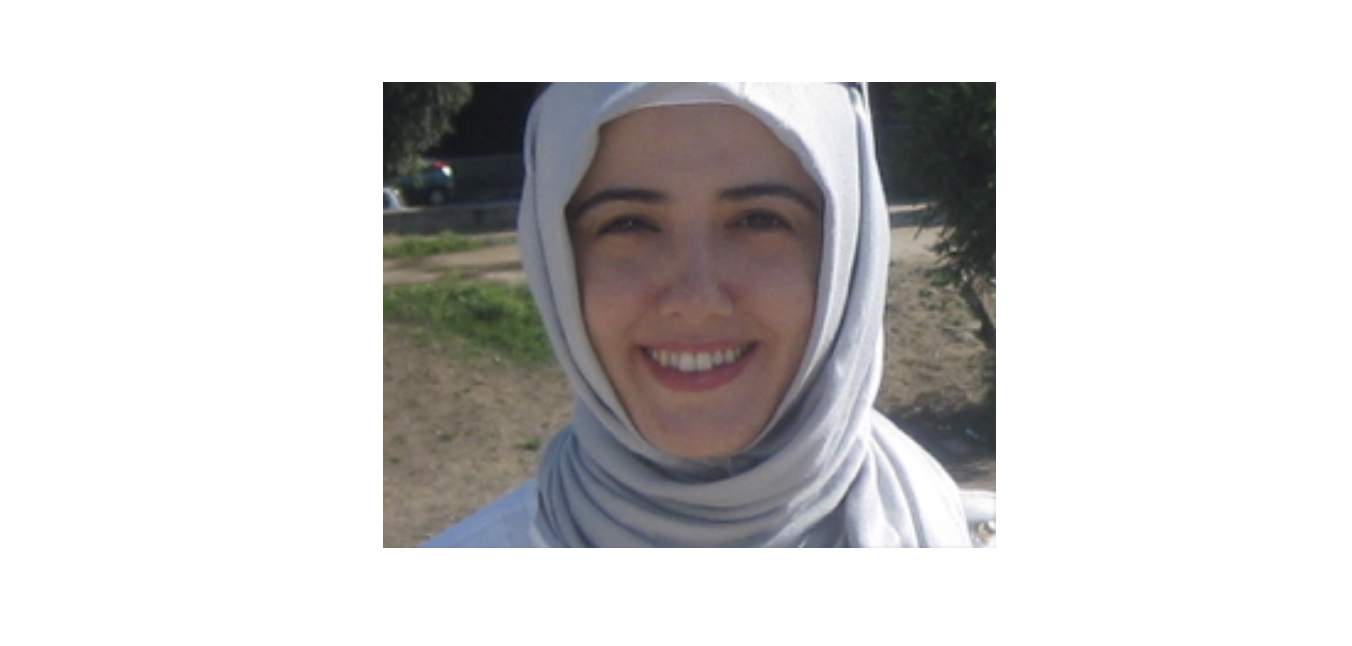Ozden Pinar-Irmak, MA
University of Massachusetts Boston
As a result of war and conflict around the world, many people are forced to flee their countries as refugees. The forced migration has adverse impacts on children such as depression, anxiety, post-traumatic stress disorder, and behavioral problems. In this podcast, Ozden Pinar-Irmak explores how early childhood educators can support the mental and emotional well-being of refugee children through singing and instrument play.
Resources:
- Agopian, V. (2018). Using music in the classroom to help Syrian refugees deal with post-war trauma. World Academy of Science, Engineering and Technology, 12(3), 6.
- Migration Policy Institute. (2019). Mitigating the effects of trauma among young children of immigrants and refugees: The role of early childhood programs. https://www.migrationpolicy.org/research/mitigating-effects-trauma-young-children-immigrants-refugees
- Ugurlu, N., Akca, L., & Acarturk, C. (2016). An art therapy intervention for symptoms of post-traumatic stress, depression and anxiety among Syrian refugee children. Vulnerable Children and Youth Studies, 11(2), 89–102.
- UNHCR (2019). Figures at a glance. https://www.unhcr.org/en-us/figures-at-a-glance.html
- UNHCR. (2019b). Teaching about refugees: Guidance on working with refugee children struggling with stress and trauma. https://www.unhcr.org/59d346de4.pdf
About the Author:
Ozden Pinar-Irmak is doctoral student in the Early Childhood Education and Care program at the University of Massachusetts Boston. Her research includes early education and intervention programs for refugee and immigrant children and international inclusive education.
Contact: ozden.pinarirmak001@umb.edu
Suggested Citation:
Pinar-Irmak, O. (2020, July 1). Supporting traumatized refugee children through music in early education [Audio podcast]. imagine. www.imagine.musictherapy.biz
